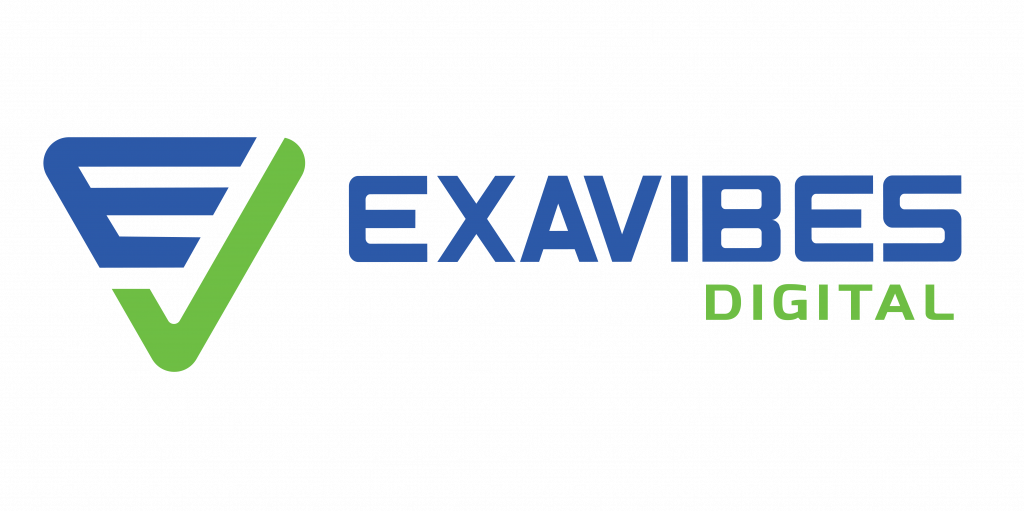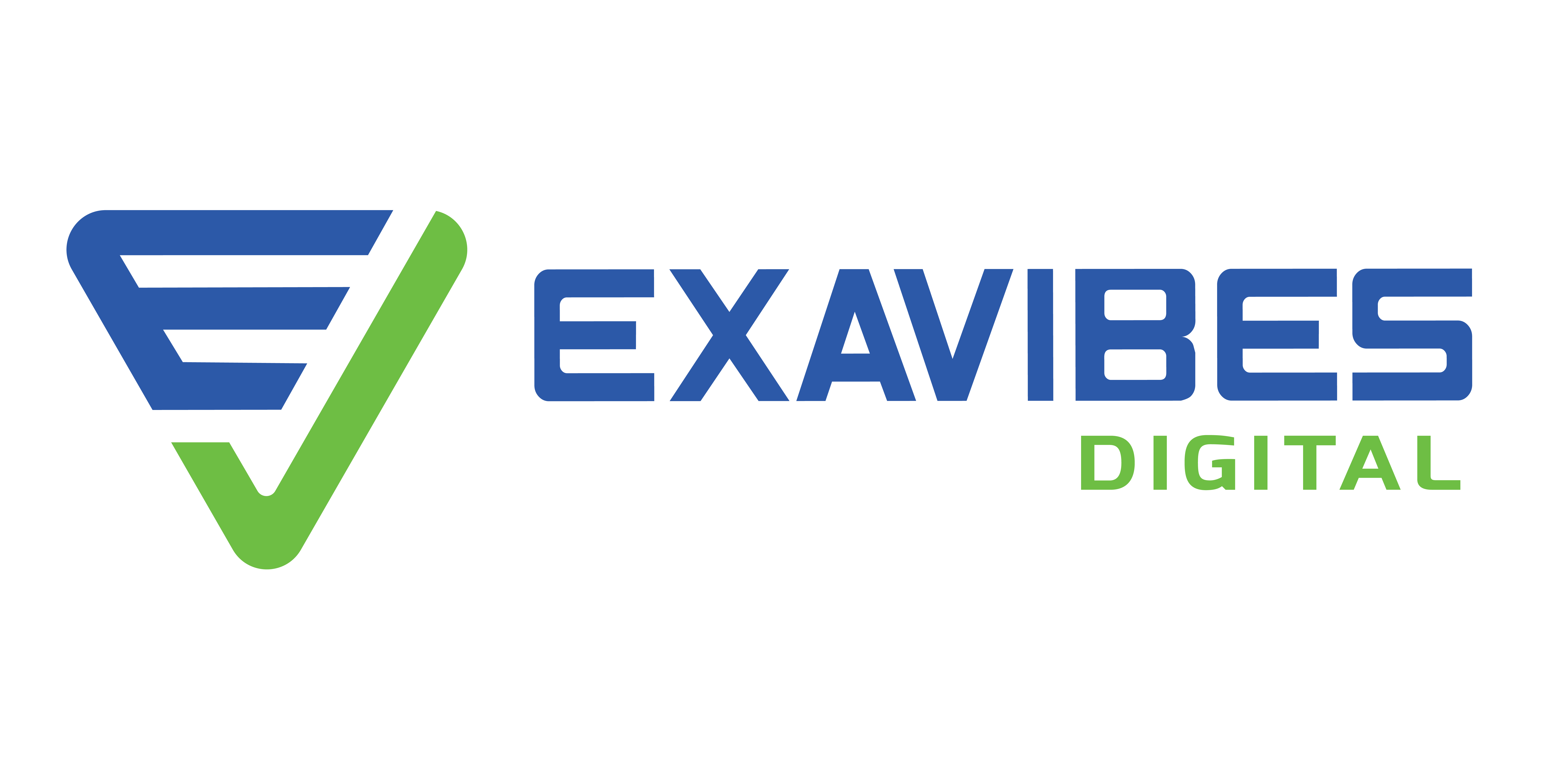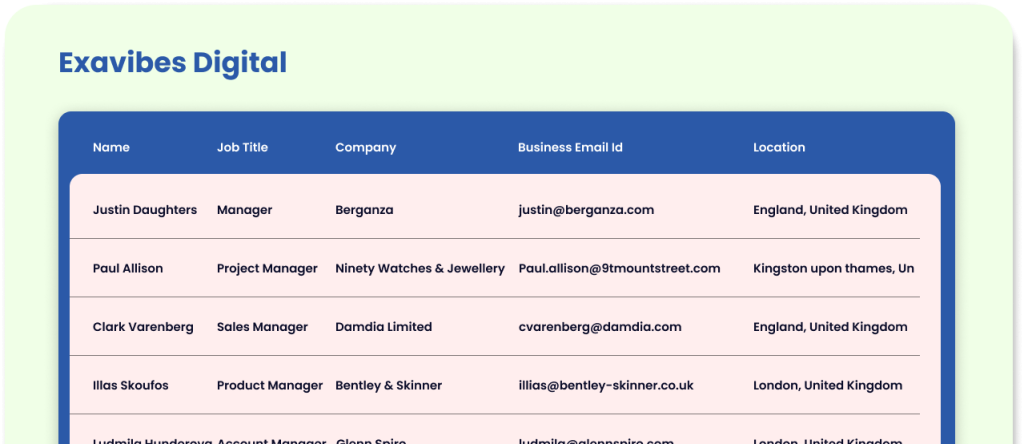


Let’s Communicate

Request a call back from our project manager
Lance D. Johnson
Head of Projects & Marketing

India (Mumbai)
213, Gemstar Commercial Complex, Ramchandra Ln, Kanchpada, Malad West, Mumbai, Maharashtra 400064
T:+919967087257
E : Sales@exavibes.com
SA (Johannesburg)
111 Central Street, Houghton,
Johannesburg, 2198
T:+919967087257
E : Sales@exavibes.com
USA (New York)
273 Walt Whitman Rd Huntington
Station,New York 11746
T:+1 2515211555
E : Sales@exavibes.com



contact FAQ’s
Digital marketing can benefit your business by expanding your online presence, enhancing brand visibility, driving relevant traffic to your website, generating leads, and ultimately increasing sales and revenue. It enables you to reach and engage with your target audience through diverse digital channels such as search engines, social media, email, and more. With the ability to customize your messaging and promotions, digital marketing helps optimize conversion rates and maximize return on investment. Additionally, it provides valuable data and analytics, empowering you to measure and refine your campaigns for ongoing success.
The key components of a successful digital marketing strategy include thorough market research, defined goals and objectives, target audience segmentation, effective messaging and content, strategic channel selection, continuous monitoring and analysis, and iterative optimization. These components work together to ensure that your digital marketing efforts are well-targeted, engaging, measurable, and adaptable to achieve the desired outcomes and drive business growth.
Search Engine Optimization (SEO) focuses on optimizing a website’s content, structure, and technical aspects to improve organic (non-paid) search rankings. It involves keyword research, on-page optimization, backlink building, and user experience enhancements to drive targeted traffic from search engines.
Search Engine Marketing (SEM) involves paid advertising on search engines, typically through platforms like Google Ads. Advertisers bid on keywords to display their ads in search results. SEM offers immediate visibility, and advertisers only pay when someone clicks on their ads (Pay-Per-Click or PPC model).
To measure the success of your digital campaign, you can use key performance indicators (KPIs) that align with your goals. Website analytics provide insights into audience engagement, traffic, and conversions. Conversion tracking helps measure specific actions taken by users. Calculating return on investment (ROI) compares revenue generated to campaign costs. Social media metrics evaluate engagement and reach. Email marketing metrics track open rates, CTRs, and conversions. Ad performance metrics like impressions, CTRs, CPC, and conversion rates assess the effectiveness of ads. Regularly analyze these metrics to optimize your campaign for better results.
A website boosts sales by offering a user-friendly experience, effectively displaying products, and utilizing persuasive tactics. Enhance the user experience, design, and search engine optimization (SEO) to attract and engage visitors. Clearly communicate the unique value your offerings provide, build trust with customer testimonials, and use compelling calls to action (CTAs) to motivate purchases. Personalization and remarketing strategies help re-engage potential customers. By focusing on these aspects, a well-designed and optimized website can drive sales and contribute to the growth of your business.




